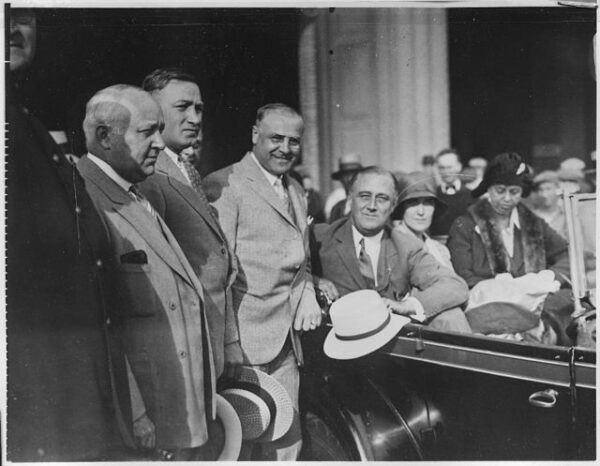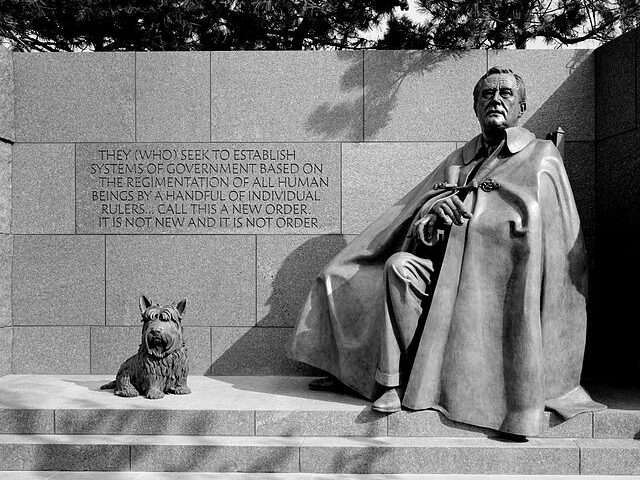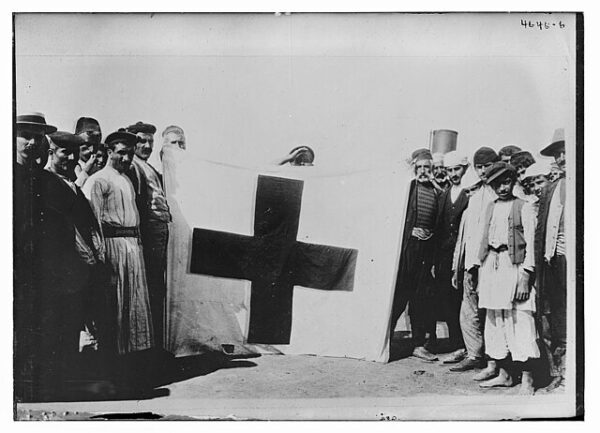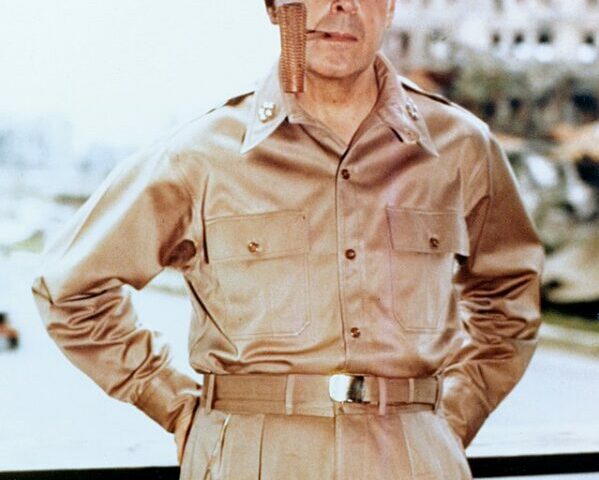On November 5, 1940, Franklin D. Roosevelt made history as the only U.S. president elected to a third term. His unprecedented victory was driven by both his popularity and the nation’s unique circumstances. Since he first took office in 1933, Roosevelt had focused on lifting the country out of the Great Depression with his New Deal policies, which resonated with Americans looking for economic relief. By 1940, the nation was still recovering from economic struggles, and the escalating global conflict in Europe made Roosevelt’s experience and steady leadership all the more crucial to voters.
Choosing to run for a third term was a significant decision, as every president before him had respected George Washington’s precedent of serving only two terms. Although no law mandated this limit, the two-term tradition was deeply ingrained in American political culture. Even Roosevelt had previously stated that a two-term limit was ideal for a president. However, with Adolf Hitler’s aggressive moves in Europe and the possibility that the U.S. might be drawn into the conflict, many Americans viewed Roosevelt’s experience as essential for the nation’s stability and security.
Roosevelt’s opponent, Republican Wendell Willkie, argued that a third term would threaten democratic principles and concentrate too much power in one leader. Willkie, a corporate executive with no political background, gained support from those worried about breaking tradition, though he struggled to convince voters he could handle both economic and international crises as effectively as Roosevelt. His opposition to Roosevelt’s New Deal also alienated some voters who benefited from the programs.
The campaign was intense, with Roosevelt framing his third term as a necessity for national security. He promised to keep America out of war, an assurance that appealed to many who opposed U.S. involvement in foreign conflicts. His calls for unity, stability, and democratic values struck a chord with a public concerned about the future, and his radio “fireside chats” helped maintain trust and connection with American households.
On Election Day, Roosevelt won decisively, capturing 55% of the popular vote and 449 Electoral College votes compared to Willkie’s 82. His victory highlighted his popularity and the public’s confidence in his leadership as they faced uncertain times. Roosevelt’s third term would soon lead the nation through Pearl Harbor and into World War II, solidifying his legacy as a pivotal American leader.
The impact of Roosevelt’s third-term election was historic. In 1947, Congress passed the 22nd Amendment to the Constitution, limiting presidents to two terms, which was ratified in 1951. This change, driven by Roosevelt’s unprecedented decision, ensured that no future president could serve more than two terms.
Roosevelt’s third-term election remains a landmark in American history, showing how the country, during a time of crisis, prioritized experienced leadership over tradition. His decision and subsequent victory demonstrated the powerful role a president could play in guiding the nation through challenging periods and underscored the adaptability of American democracy.






